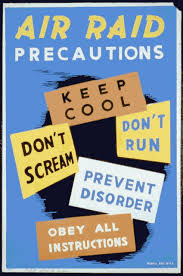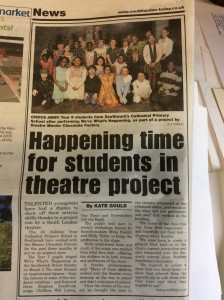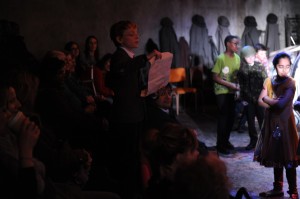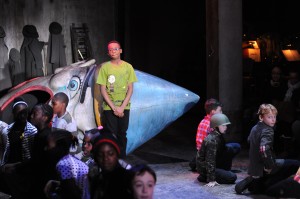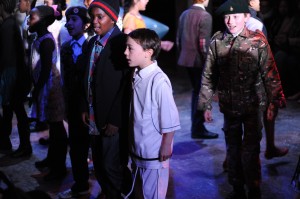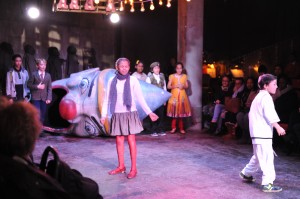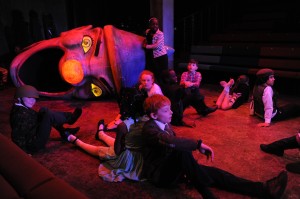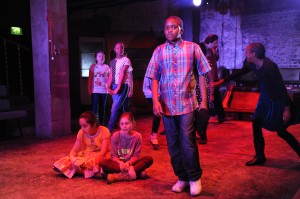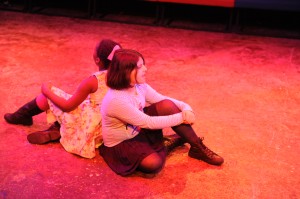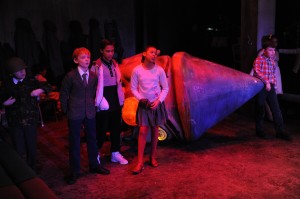Information for families working with pupils in Class 5

Homework tasks in Class 5 this half-term will link to the key curriculum areas, and learning skills, that we will be focusing on during the school day. These are as follows:
1) History – learning about the experiences of Londoners living through the Blitz during WW2;
2) Literacy (spelling) – finish learning any remaining words from the Year 5 target spelling words in addition to learning spelling patterns of words with common prefixes (extension task);
3) Music and drama – practicing for our performance at the Menier Chocolate Factory;
4) Literacy (Spag)– continue to increase knowledge, and usage, of key Spag terminology;
5) Mathematics – mental maths skills as well as a focus on written problem solving activities; and
6) Literacy – reading comprehension skills and diary writing (click here for an online version of Jeff Kinney’s Diary of a Wimpy Kid); and
7) R.E. – learning about the miracles Jesus performed in his lifetime.
These tasks are in addition to the usual recurring tasks of reading, times tables and spelling practice.

The usual structure for homework in Class 5 will be as follows (please note some weeks this usual structure may not apply due to special circumstances, e.g. preparing for/recounting a special event):
Monday – test preparation
The children will be set 10 new words to learn and write in a sentence (sentences should link to a piece of punctuation that the pupils are currently learning about). In addition, they will as be given a times table to revise. Tests will be sat on Friday with an expectation that the children score 100%.
Tuesday – foundation subject links
The class will complete a task that enhances their learning in a foundation subject area – see blog links above for examples.
Wednesday – Mathletics
Pupils are set a range of different tasks on the Mathletics website that relate to current curriculum areas. Once these tasks are complete the children can participate in the Mathletics Live feature which will hone mental maths skills. There is an expectation that the children will score 1,000 points per week (certificates for achieving 1,000 points are awarded by the website at midnight on Sunday).
Thursday – Literacy/Mathematics
The students will be given a task that links to current topics being covered in their Literacy/Mathematics lessons – see blog links above for examples.






